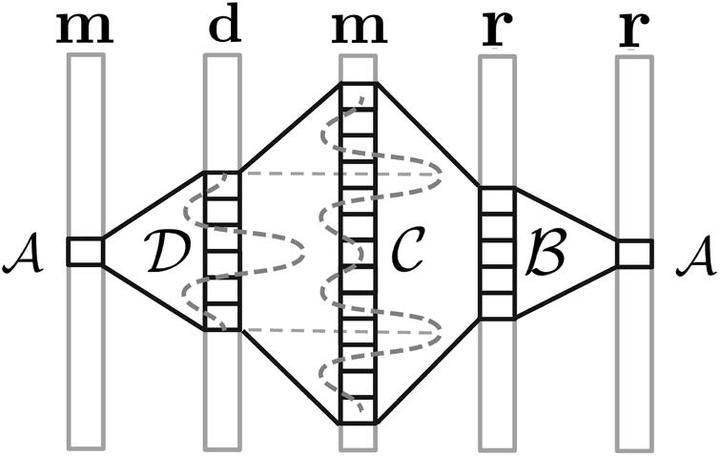A Gaussian-based framework for local Bayesian inversion of geophysical data to rock properties

Abstract
Working in a Bayesian framework, we have derived a procedure for inverting rock properties based on geophysical data. The purpose was to arrive at a widely applicable and general procedure in which few and weak assumptions are required for application to various inverse problems within the geophysical industry. Our Bayesian statistical approach combines sampling-based techniques and Gaussian approximations to assess local approximations to quantities related to the posterior distribution of rock properties. These approximated quantities define the Bayesian inversion. A conceptual advantage of our approach is that there are few restrictions on the initial model, allowing realistic statistical models to be approximated directly. The methodology is easily parallelized and offers a range of procedures, which gives a trade-off between inversion speed and accuracy. We have tested the approach in a monitoring setting using seismic amplitudes by evaluating a synthetic case and real data from the Sleipner CO2 injection project. For the synthetic case, the inversion results correspond well with the rock properties used to generate the data and the posterior distribution derived using an MCMC approach. We also found improved accuracy compared with a frequently used Gaussian inversion approach. In the real data case, we clearly identified high-saturation layers present in previous qualitative interpretations.